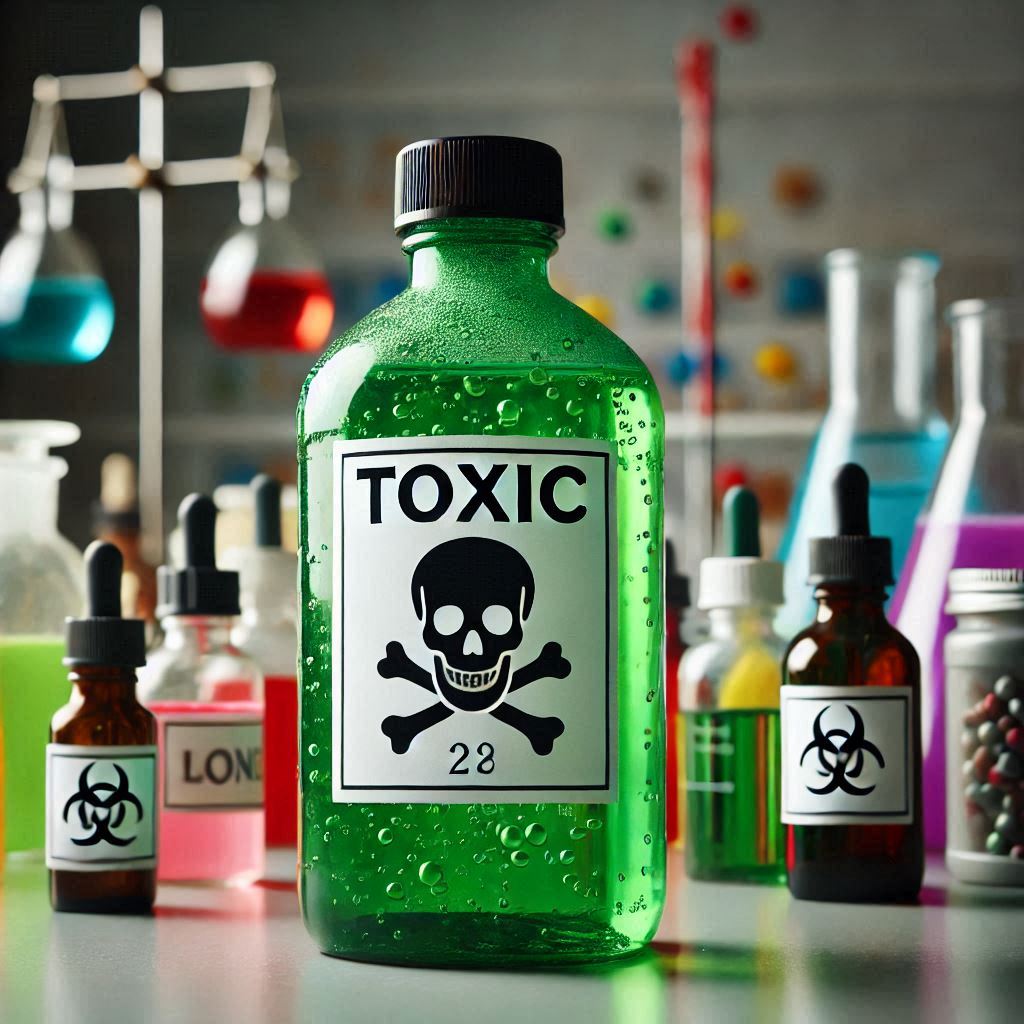Toxic parenting involves harmful behaviors like excessive criticism, emotional neglect, verbal abuse, and manipulation, which negatively impact a child’s emotional and psychological well-being. It can lead to long-term consequences such as low self-esteem, anxiety, depression, and difficulty forming healthy relationships. However, toxic parenting can be avoided by practicing empathy, open communication, setting healthy boundaries, and offering constructive feedback. Parents should also manage their emotions and encourage their child’s independence. Breaking the cycle of toxic parenting requires self-awareness, support, and a commitment to fostering a nurturing environment where children feel valued, respected, and empowered to grow into emotionally secure individuals
Parenting is one of the most significant roles in shaping a child’s future. While every parent has moments of frustration or mistakes, consistent harmful behaviors can cross into the realm of toxic parenting. This type of parenting negatively affects a child’s emotional, mental, and even physical development. Understanding the signs of toxic parenting, its consequences, and how to adopt healthier parenting strategies is essential for fostering a nurturing environment for children to thrive.
What is Toxic Parenting?
Toxic parenting refers to behaviors, attitudes, and practices that harm a child’s emotional well-being and development. These behaviors can be intentional or unintentional but often stem from unresolved personal issues, stress, or a lack of emotional intelligence on the parent’s part.
Common Traits of Toxic Parenting:
- Excessive Criticism: Constantly pointing out a child’s flaws or mistakes without offering constructive feedback.
- Emotional Neglect: Ignoring a child’s emotional needs, such as love, validation, and comfort.
- Verbal Abuse: Using hurtful language, insults, or name-calling.
- Emotional Manipulation: Using guilt, fear, or gaslighting to control a child’s behavior.
- Excessive Control: Micromanaging a child’s life and decisions, leaving no room for autonomy or individuality.
- Unrealistic Expectations: Setting unattainable goals and pressuring the child to meet them, leading to constant stress and fear of failure.
- Lack of Boundaries: Disrespecting a child’s personal space, privacy, and opinions.
Consequences of Toxic Parenting
The impact of toxic parenting can be profound and long-lasting, often affecting children well into adulthood. Below are some of the most common consequences:
1. Low Self-Esteem
Children raised in toxic environments often grow up feeling unworthy or inadequate. Constant criticism and a lack of emotional support erode their self-confidence, making them doubt their abilities and worth.
2. Anxiety and Depression
The stress of growing up in a toxic household can lead to chronic anxiety and depression. These mental health issues can persist into adulthood, affecting various aspects of life, including relationships, work, and personal well-being.
3. Difficulty in Forming Healthy Relationships
Children who experience toxic parenting may struggle to trust others and form healthy, secure relationships. They may replicate the toxic patterns they experienced or become overly dependent on others for validation.
4. Perfectionism and Fear of Failure
Toxic parents often impose unrealistic expectations, leading children to develop perfectionist tendencies. They may fear failure or avoid taking risks, believing that any mistake will result in harsh criticism.
5. Emotional Insecurity
Toxic parenting can leave children emotionally insecure, unable to express their feelings or understand their emotions. This emotional suppression can lead to difficulties in communication and emotional regulation.
6. Resentment and Estrangement
As children grow older, they may distance themselves from toxic parents. In some cases, this can lead to permanent estrangement as a way to protect their mental and emotional health.

How to Avoid Toxic Parenting
Avoiding toxic parenting requires self-awareness, empathy, and a commitment to fostering a positive environment. Here are strategies to help you become a healthier, more supportive parent:
1. Practice Empathy
Put yourself in your child’s shoes and try to understand their feelings and perspective. Instead of dismissing their emotions, acknowledge and validate them.
- Example: Instead of saying, “Stop crying, it’s not a big deal,” try, “I can see you’re upset. Let’s talk about what’s bothering you.”
2. Communicate Openly
Encourage open and honest communication with your child. Create a safe space where they feel comfortable expressing their thoughts, feelings, and concerns without fear of judgment.
- Tip: Listen actively and respond with empathy rather than immediately offering solutions or criticism.
3. Set Healthy Boundaries
Respect your child’s individuality, privacy, and personal space. Allow them to make age-appropriate decisions and learn from their mistakes.
- Example: Instead of controlling every aspect of their life, guide them and offer advice when necessary.
4. Offer Constructive Feedback
Provide constructive feedback instead of constant criticism. Focus on their strengths and areas for improvement without making them feel inadequate.
- Tip: Use the “sandwich method” — start with a positive comment, provide constructive criticism, and end with encouragement.
5. Manage Your Own Emotions
Parenting can be stressful, but it’s important to manage your emotions and avoid taking out your frustrations on your child. Practice self-care, seek support, and consider therapy if needed to address any unresolved issues.
- Tip: Take a moment to pause and breathe before reacting in anger or frustration.
6. Encourage Independence
Allow your child to explore their interests, make decisions, and solve problems independently. This fosters confidence, resilience, and a sense of responsibility.
- Example: Let your child choose their extracurricular activities instead of imposing your preferences.
7. Model Healthy Behavior
Children learn by observing their parents. Model the behavior you want your child to adopt, such as kindness, empathy, and effective communication.
Breaking the Cycle of Toxic Parenting
If you were raised in a toxic environment, it’s possible to break the cycle and become a healthier parent. Here’s how:
- Acknowledge the Past: Recognize the toxic patterns you experienced and how they have influenced your behavior.
- Seek Support: Therapy or counseling can help you work through unresolved issues and develop healthier parenting strategies.
- Educate Yourself: Read books, attend workshops, and follow parenting experts who advocate for positive and conscious parenting.
- Build a Support Network: Surround yourself with supportive friends, family, or parenting groups who encourage healthy parenting practices.
- Practice Self-Compassion: Parenting is a learning process. Be kind to yourself and recognize that change takes time and effort.
Conclusion
Toxic parenting can have severe consequences for a child’s emotional, mental, and social development. However, by recognizing harmful behaviors and adopting healthier parenting practices, you can create a nurturing environment where your child feels valued, supported, and loved. Parenting is not about being perfect—it’s about being present, empathetic, and committed to your child’s growth and well-being.
By fostering a positive relationship with your child, you can help them develop into confident, emotionally secure individuals who can thrive in all aspects of life.



